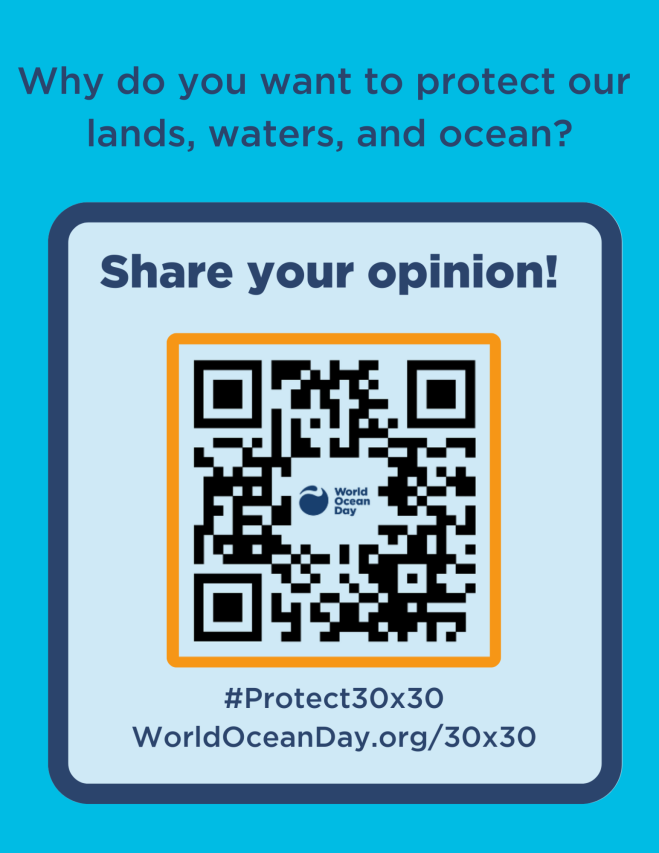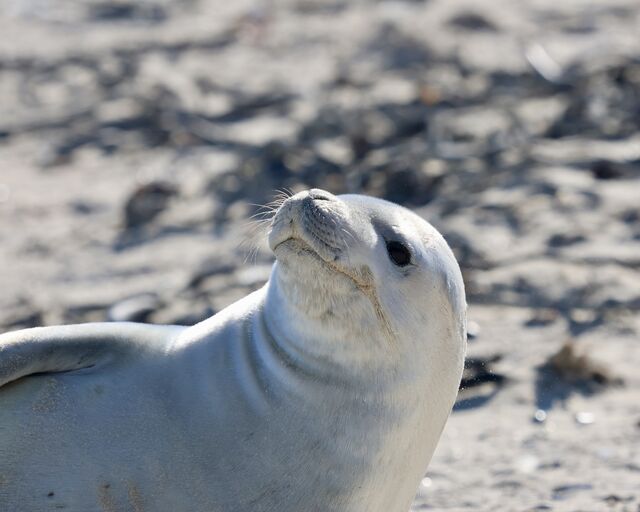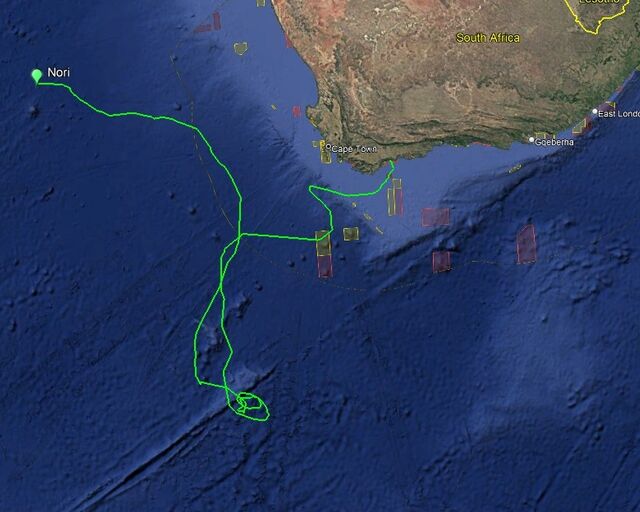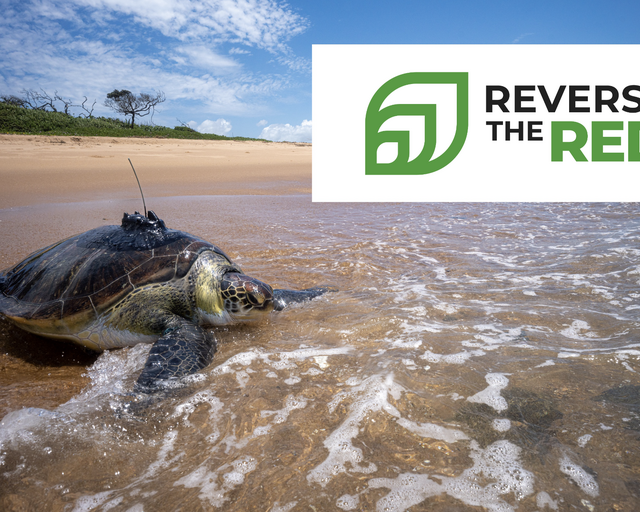Every day is World Ocean Day at the Two Oceans Aquarium where our work is dedicated to inspiring action for the well-being of the ocean. We are part of local and global efforts to conserve species and care for ecosystems; to educate and raise awareness; to urge governments for greater protection of the ocean and its inhabitants; to inspire behaviour change; and to showcase the beauty of life from one of the wildest places left on the planet.
Conserving species
While all marine life plays a critical role in the overall health of the ocean, our conservation efforts mostly focus on turtles, sharks, and Cape fur seals.
Turtles
The Two Oceans Aquarium Foundation’s Turtle Conservation Centre rescues, rehabilitates and releases endangered sea turtles – hatchlings, sub-adults and adults of various species. Since the turtle programme was formalised in 2009, we have released more than 800 rescued and rehabilitated turtles of all sizes back into the wild with a release success rate of 85%.
We work in collaboration with our local environmental government department and have satellite-tagged and tracked over ten rescued and rehabilitated adult turtles, and their successful survival back in the ocean.
We have undertaken four Turtle Road Trips (2018, 2019, 2020 and 2022) and have established the Turtle Rescue Network which is a network of coastal communities, from Lamberts Bay to Port Elizabeth, that are able to care for stranded turtles and transport them to the Turtle Conservation Centre at the Two Oceans Aquarium.
Sharks
Sharks are vital for maintaining the balance in healthy marine ecosystems. The Aquarium houses several shark species including ragged-tooth sharks, spotted gully sharks, pyjama catsharks and puffadder shysharks. We have tagged and released a number of ragged-tooth sharks back into the wild. Tracking the movements of these animals along the South African coast has contributed to scientific knowledge about this species.
Seals
As part of the Marine Wildlife Management Programme in the V&A Waterfront we monitor Cape fur seal populations in working harbour. This includes continuous patrolling and responding to help free Cape fur seals identified as entangled in discarded fishing gear and plastic pollution, while additionally monitoring their interactions with humans and other wildlife. The experienced seal disentanglement team from the Two Oceans Aquarium Foundation and the V&A Waterfront has disentangled more than 1 000 seals over the last 10 years.
Caring for ecosystems
The Two Oceans Aquarium is a founder member of the MPA Day Alliance, a group of organisations that joined forces to raise awareness and understanding of marine protected areas by creating MPA Day on 1 August.
In 2022, nearly 200 nations finalised the “30x30” global target to protect 30% of the world's ocean and land areas by 2030. This landmark agreement is vital towards building a biodiverse, productive, and resilient future.
In South African waters we have 42 designated marine protected areas (MPAs), the largest of which is the Prince Edward Islands MPA which covers an area of 181 229 km². 7). Research has shown that South Africa’s marine protected areas (MPAs) now provide some protection to all identified marine ecoregions and 87% of ecosystem types.
On 1 August 2023 the Two Oceans Aquarium will once again participate in MPA Day through a number of activities including a live tour of an MPA, a photo competition for dive clubs, and various social media activations.
Education and awareness
In 2020 the Two Oceans Aquarium launched the Two Oceans Aquarium Foundation to run its well-established and internationally recognised environmental education programmes.
We teach approximately 75,000 school children from around the Cape Peninsula by way of formal and dedicated marine science lessons per year. We have three outreach programmes and more than 35,000 children, mainly from disadvantaged areas, are reached through these programmes annually. The outreach programmes are specifically aimed at under-resourced schools. The Oceans in Motion Outreach Programme transports live marine creatures to under-resourced schools on the Cape Peninsula and further afield. The Smart Living Outreach Programme teaches children about ways to live smart and sustainably in the four areas of water, waste, energy and biodiversity. The Mobile Puppet Stories Programme teaches children in the ECD phase about keeping beaches clean, smart living, why balloons are harmful to turtles, how to care for pets, where water comes from and the importance of wetlands.
We established Marine Science as a curriculum subject for Grade 10 to 12 students. Students can either take this additional subject at their school if it is offered there or study the subject online.
Our Education team also offers a range of short courses from rocky shore ecology, and marine biobasics to exploring oceanography. A number of these courses are on offer during the upcoming winter school holidays.
We run a volunteer programme whereby interested individuals participate in a marine biology training programme and then go on to provide information to our visitors. Many of our employees were initially volunteers.
Over the past twenty-eight years we have informally educated our visitors about the ocean through live and static exhibits and signage, feed talks, newsletters, campaigns such as MPA Day and the #NOOW African penguin campaign, blogs and website, social media, traditional media, speaker nights, activations, a TV series and TV inserts, beach cleanups, the Marine Wildlife Walk and signage in the Waterfront, Twitterchats, webinars, art, poetry and much more.
Recently our marketing campaigns have not only been about showcasing what the Aquarium has to offer but have also contained an educational component for example March of the Penguin, Ocean Superheroes, Plastic Free July and Sharktober.
In 2023 the Aquarium assisted the V&A Waterfront with creating the Marine Wildlife Walk to showcase and celebrate marine wildlife in our neighbourhood. The Marine Wildlife Walk takes visitors on a journey across the Waterfront to discover wildlife at eight lookout points – some of species which can be spotted are Cape clawless otters, sunfish, cormorants, box and night-light jellies, and several cetacean species including the endemic Heaviside’s dolphin.
Please Minister, protect our ocean and its inhabitants
The Two Oceans Aquarium and its Foundation are founders of the African Penguin Not on Our Watch Campaign #NOOW. This campaign was initiated because African penguin populations are declining dramatically and, if nothing is done, this iconic and endemic bird could face functional extinction in the wild by 2035. The campaign aims to raise awareness about the plight of the African penguin and to mobilise the public to put pressure on the Minister of Forestry, Fisheries, and the Environment to take action to protect these birds.
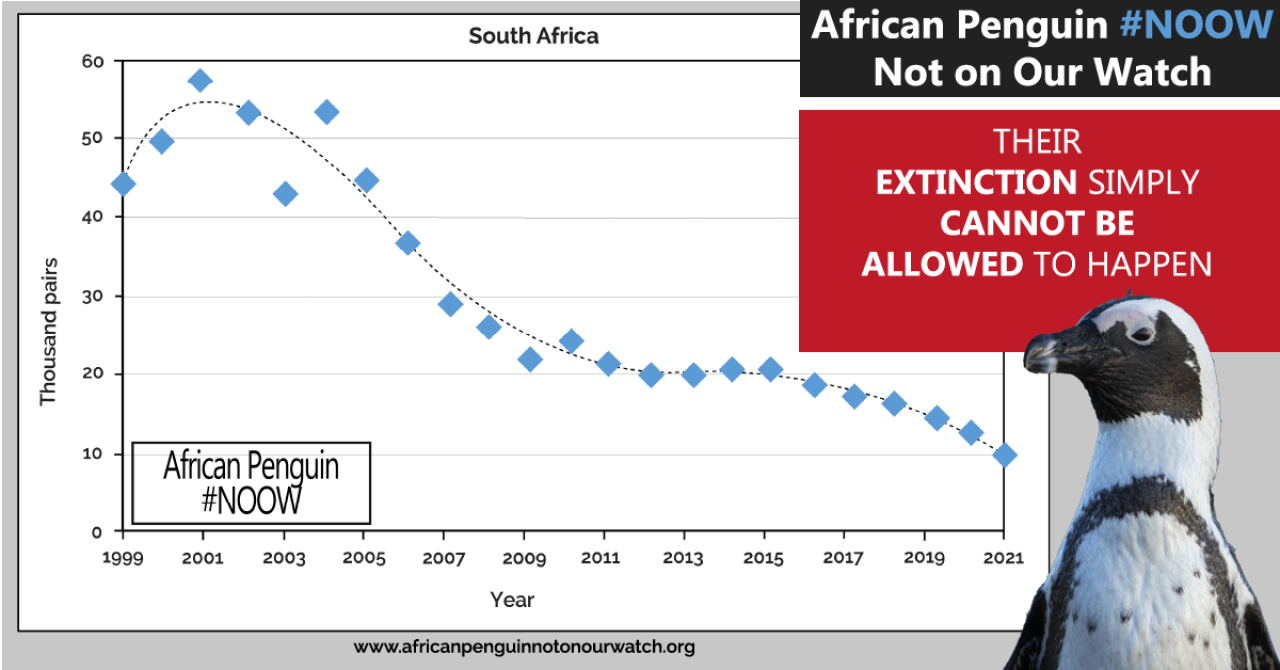
Inspiring behaviour change – be the change you want to sea
As one of the leading aquariums in Africa we have a role to play in not only raising awareness of the ocean and the many threats it faces as a result of human activities, but also to inspire behaviour change and action.
At the Two Oceans Aquarium and its Foundation we encourage people to support the Southern African Sustainable Seafood Initiative (SASSI) and to make the best choices when selecting seafood for consumption. SASSI has made it easy by categorising seafood in three colour-coded lists – green, amber and red. By choosing green-listed species you are supporting sustainable fisheries. Amber is a caution to think twice before purchasing seafood as these species may be overfished or the fishing or farming method has a negative impact. Red is an alert to say don’t buy these species as they are from unsustainable populations or or illegal to buy and sell.
Plastic pollution is one of the significant threats facing the ocean and the Aquarium works tirelessly to urge people to refuse single-use plastic, to recycle and to reuse.
We host beach cleanups (#TrashBash) on various beaches around Cape Town and everyone is invited to participate. This is one of the ways people get to see first-hand how prevalent plastic is in the ocean.
An ocean showcase
The southern tip of Africa is the meeting point of two oceans, the warm Indian Ocean and the cold Atlantic Ocean. Because of this, the South African coast is a marine biodiversity hotspot and the V&A Waterfront in Cape Town is the ideal place for an aquarium which showcases this incredible marine heritage.
The Two Oceans Aquarium houses many species that are endemic to southern Africa and found nowhere else in the world. These include African penguins, Knysna seahorses, Cape stumpnose, roman, and west coast rock lobster among others.
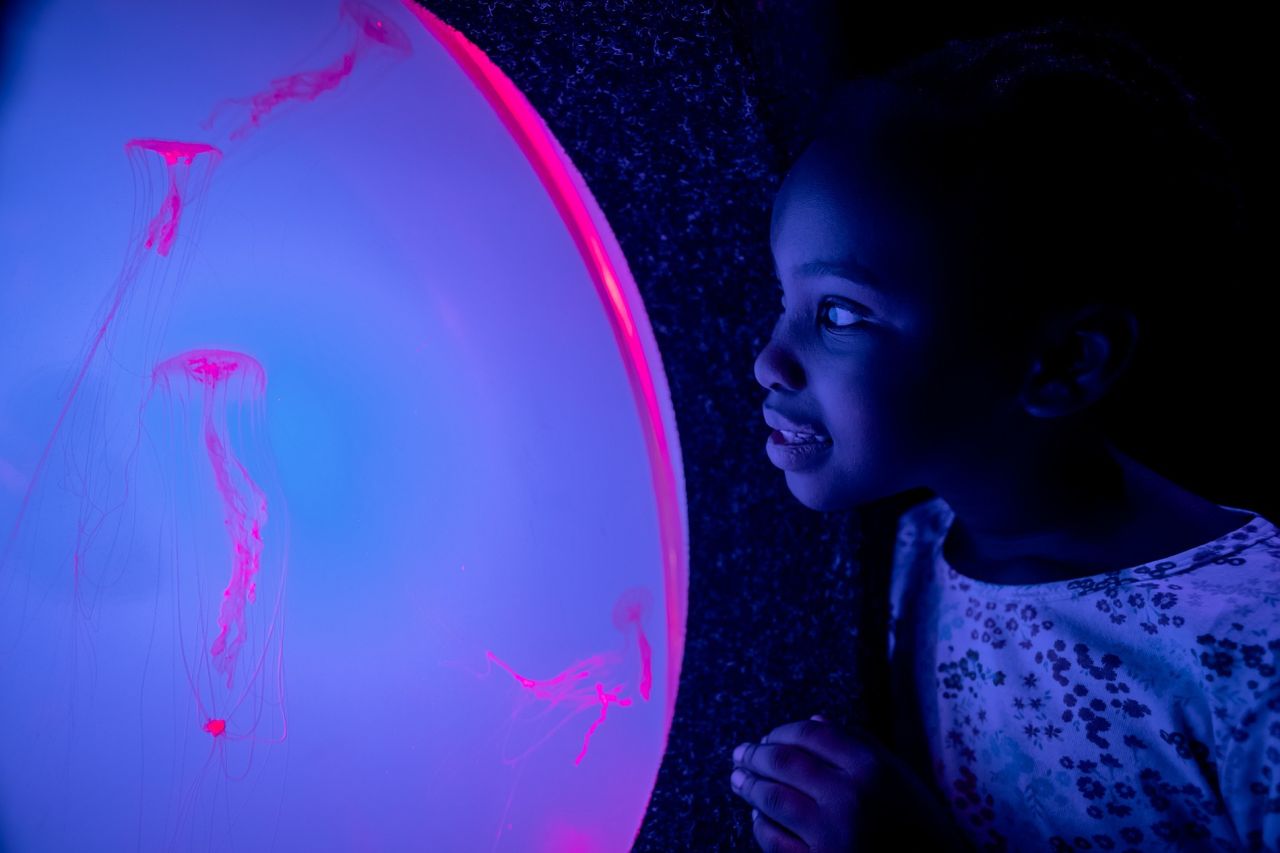
About World Ocean Day
World Ocean Day is celebrated every year on 8 June. Thousands of organisations and millions of individuals across the globe take part in the call for ocean and climate action. As in previous years, the theme for World Oceans 2023 is protect 30% of land, water and ocean by 2030 (“30x30”). In the last six months two significant achievements were made – countries committed to protecting 30% of land and water by 2023 and 200 nations signed the High Seas Treaty to protect biodiversity in international waters, with the ultimate goal of setting up Marine Protected Areas in the High Seas. South Africa is one of the 160 member states that signed the Treaty.
